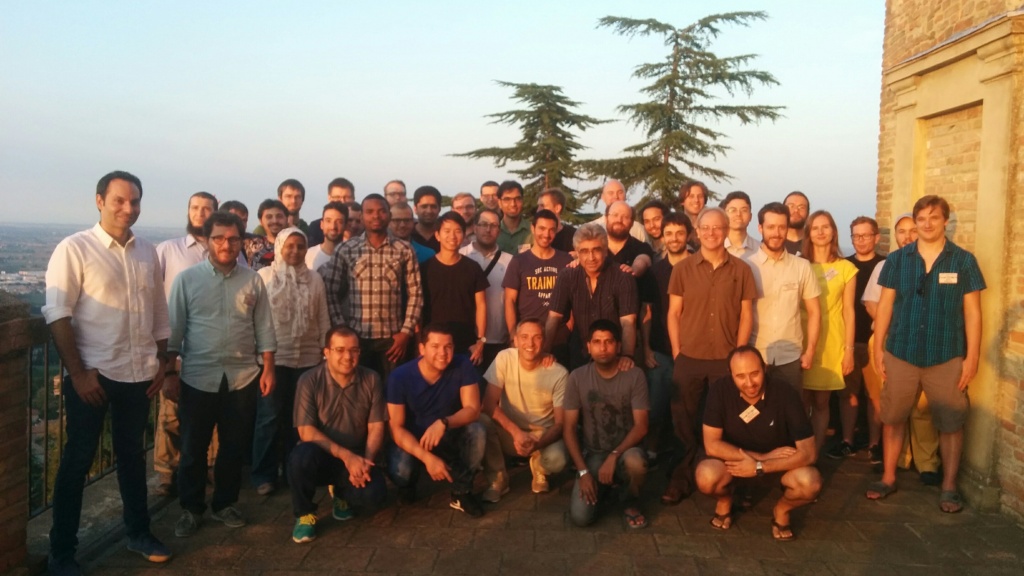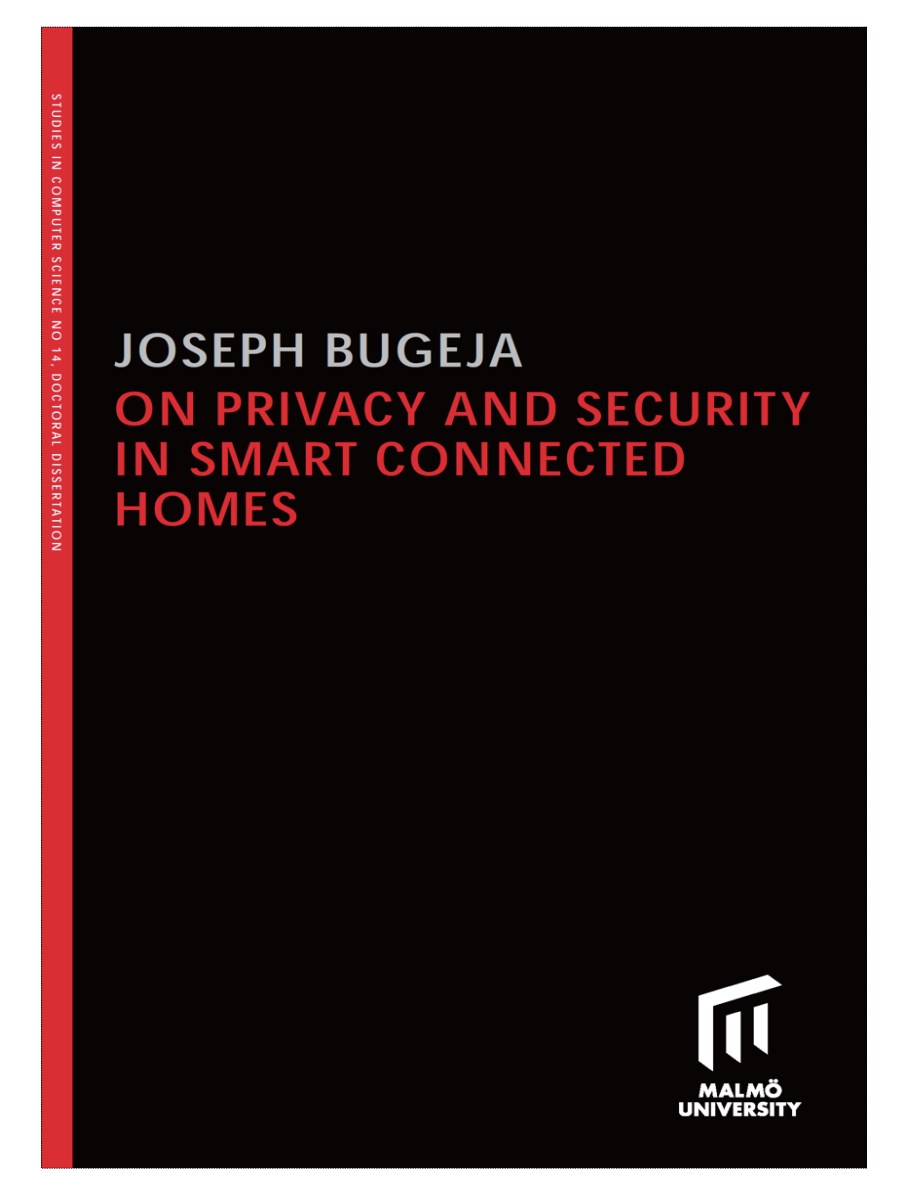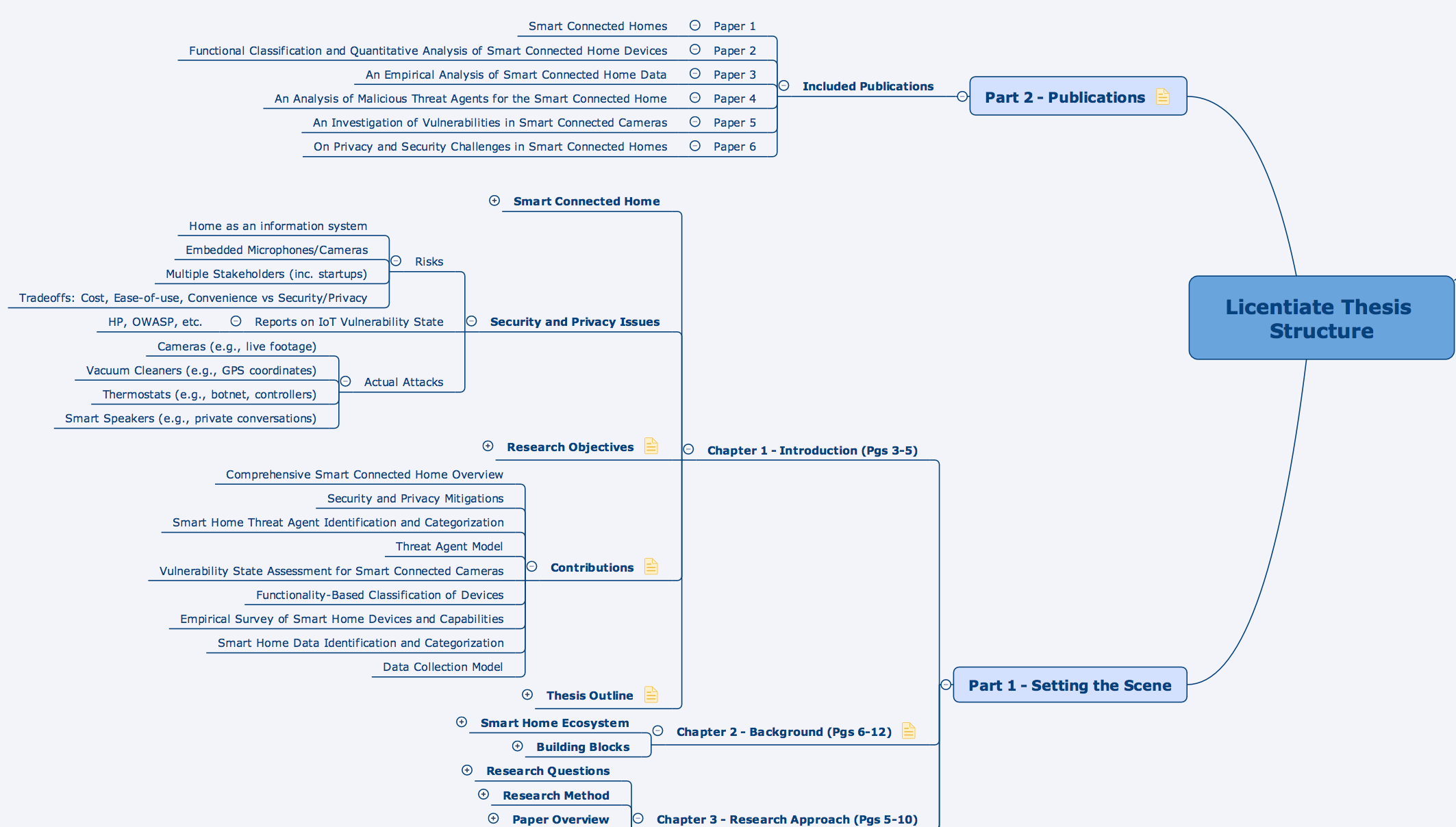Finding a good research topic is not an easy task. Rookies and even seasoned professionals struggle with brainstorming about topics in academic or workplace settings. If you have not already been through the process of selecting a dissertation topic and writing your Ph.D., then it is best to think about suitable research topics before starting work on your dissertation.
There are numerous research topics that you can investigate and write about. Whether you choose to specialize or explore different areas at the same time, you need to ensure that your research topic will help establish your reputation as a professional in the field. The most important thing to remember when choosing a study topic to write about is to choose one that has a lot of promise.

There are various ways to find a good topic. You could find a gap in the scientific literature, you could look into emerging technologies, or you could focus on an issue that has personal meaning for you. No matter how you go about it, it is important to familiarize yourself with a topic before diving right in.
A good research topic is likely to carry you through your entire thesis and/or dissertation process. While the process of finding a topic may be difficult and time-consuming, the rewards are great. When done correctly and with effort, this will be a good exercise for you and will help you in the future. Once you have the right topic, your thesis will come to you naturally.
If you need help deciding on a topic for your thesis or your next paper, please do not hesitate to contact me.





